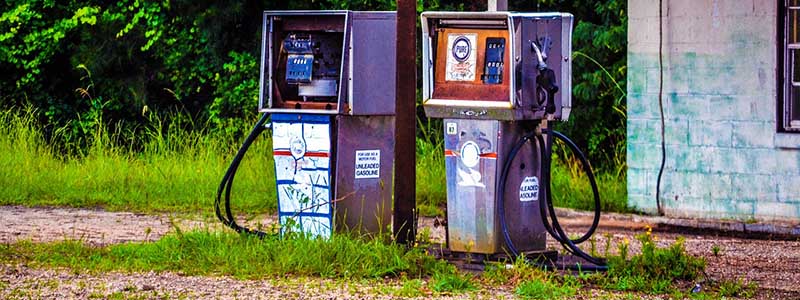- Jun 24, 2020
- ABBC admin
- Business Reports
- 0 Comments
The New Normal – the demise of oil-dependent politics
By Paul Beaver
The Twentieth Century has been dominated by the politics of oil. From a British perspective, it seems that it all started with Winston Churchill’s decision to turn the world’s largest and most powerful navy from coal to oil. That meant the geo-political concerns of protecting reserves and refineries became a national priority.
As other world powers industrialised, they too followed the practice of oil-dependent politics. From this moment, before the First World War, until COVID struck in December 2019, oil has dominated global politics. It seems that Iran only had to threaten the closure of the Strait of Hormuz and the world shuddered, sending the price of oil and natural gas rocketing.

With Lockdown the world has seen that it can do with fewer hydrocarbon products than it ever thought possible and the oil producers fall out. For the small Middle Eastern producers like Oman, this has been far worse than any death toll from the virus and, even for the largest supplier, Saudi Arabia, there are real challenges. Economies which are rooted in oil have not yet diversified enough to cope with the New Normal. Russia is suffering as much as Saudi, hence the scrap in the margins of OPEC meetings.
So, might the COVID squeeze on oil revenues make the producers like Iran more amenable to discussions with its regional rival? Could Saudi Arabia open up more? Low oil prices are unlikely to help end Yemen’s civil war but some of the oil producers who fund the conflict between Houthi and the government coalition might have less largesse to spend on weapons and hand-outs.
Spare a thought too for Algeria. Recovering from the traumas of civil war, Islamic extremism and needing to re-capitalise the economy. President Abdel Madjid Tebboune announced in May that the national budget would be halved but dissent has been mooted by COVID forcing a national lockdown. There is just no money for correcting the long years of neglect of President Abdel Aziz Bouteflika, Tebboune’s predecessor. Many earn only about US$150 a month and there is no oil revenue for meaningful infrastructure and job support.
Might the result of COVID and the creation of the New Normal mean that the West will hasten the development of electric vehicles, work on new battery technologies and even reduce hydrocarbon consumption for power generation. Yes, it might.
Perhaps fast developing nations like China and India may wish to profit from low prices to switch from dirty coal to cleaner but still dangerous oil and gas? Maybe not.
The need for oil and gas hasn’t stopped Turkey and Russia racing to aid various factions in Libya, just in case there is an oil spill to their advantage.
Finally, what does the New Normal mean for America’s relationship with the Middle East and the politics of oil? President Trump has recently announced he wants more US forces out of Germany, and he has no coherent foreign policy on Syria nor pronouncements on the Middle East which help us determine his view. Let’s stand by for a tweet then!
Paul Beaver is a former advisor to the House of Command Defence Committee
and the former Managing Editor of Jane’s Information Group.
He now advises on strategy and influence.
